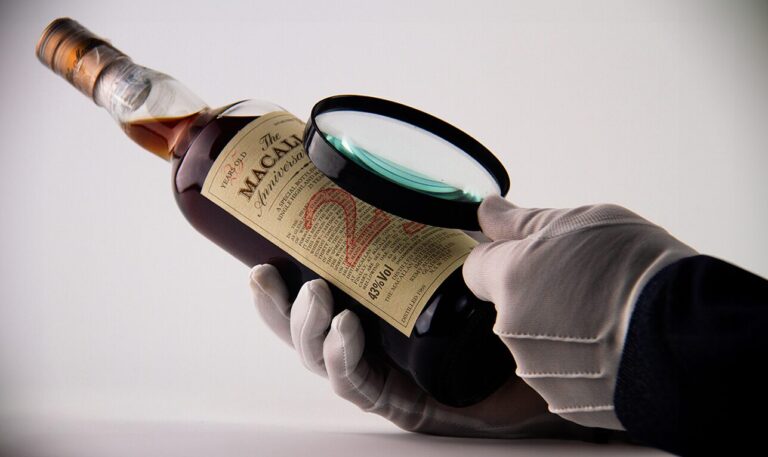Whisky, long enjoyed as a connoisseur’s drink, has emerged as a compelling alternative investment. Rare and collectible bottles are fetching record prices at auctions, attracting investors seeking diversification and potential returns. This article explores the world of whisky bottle investments, outlining its potential, risks, and how to get started.
Why Whisky Bottles as Investments?
The appeal of whisky investments lies in several factors:
- Scarcity: Limited-edition releases and closed distilleries create a finite supply of coveted bottles.
- Appreciation: The value of rare whiskies can appreciate significantly over time, driven by demand and rarity.
- Tangible Asset: Unlike stocks or bonds, whisky bottles are tangible assets that can be physically owned and enjoyed (if desired).
- Passion Investment: Many investors are also whisky enthusiasts, combining their passion with investment potential.
Key Questions Answered:
- Are whisky bottles a good investment? Rare whisky bottles have shown strong appreciation, but it’s a long-term, illiquid investment with risks.
- What types of whisky bottles are best for investment? Rare single malts, limited editions, and bottles from closed distilleries are generally considered the most valuable.
- How do you invest in whisky bottles? Through auctions, specialist retailers, and private sales, with careful research and due diligence.
Understanding the Whisky Investment Landscape:
- Identifying Investment-Grade Whisky:
- Rarity: Look for limited releases, single cask bottlings, and bottles from “silent” (closed) distilleries.
- Distillery Reputation: Established and highly regarded distilleries command higher prices.
- Age and Provenance: Older whiskies with documented provenance are more valuable.
- Investment Strategies:
- Buy and Hold: Purchasing bottles and holding them for long-term appreciation.
- Flipping: Buying bottles with the intention of reselling them for a profit in the short term. (This is much more risky)
- Cask Investment: Investing in casks of maturing whisky. (This is a very advanced and high risk investment)
- Investment Risks:
- Market Volatility: The whisky market can fluctuate, and prices are not guaranteed to rise.
- Counterfeiting: The risk of encountering counterfeit bottles is a concern.
- Storage Costs: Proper storage is essential to preserve the whisky’s value.
- Illiquidity: Selling rare whisky can take time and effort.
- Where to Buy and Sell:
- Reputable Auction Houses: Whisky Estate, Lawsons, Sothebys
- Specialist Whisky Retailers
- Private Sales: Through established networks and brokers.
- Due Diligence:
- Research: Thoroughly research the whisky’s history, provenance, and market value.
- Authentication: Verify the bottle’s authenticity through reputable sources.
- Storage: Ensure proper storage conditions to maintain the whisky’s quality.
Tips for Investing in Whisky Bottles:
- Start with Research: Educate yourself about the whisky market and different types of whisky.
- Diversify Your Portfolio: Don’t put all your eggs in one basket.
- Focus on Quality: Invest in high-quality, rare bottles.
- Store Properly: Maintain optimal storage conditions to preserve the whisky’s value.
- Be Patient: Whisky investments are a long-term game.
In Summary:
Whisky bottles can be a lucrative alternative investment, but they also come with risks. Thorough research, due diligence, and a long-term perspective are essential for success.
Further reading:


